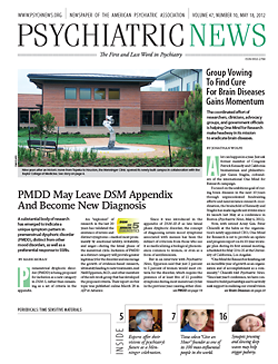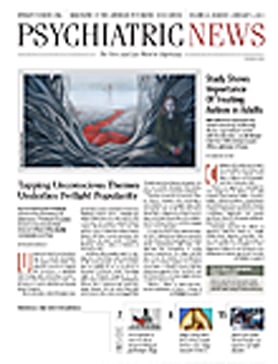New results from the Framingham Heart Study suggest that cancer survivors have a lower risk of developing Alzheimer’s disease.
Researchers reported online March 12 in BMJ the results of their 1986 to 1990 study of 1,278 participants with and without a history of cancer who were aged 65 or older and free of dementia at baseline. They concluded that cancer survivors had a lower risk of Alzheimer’s disease than those without cancer, and patients with Alzheimer’s disease had a lower risk of incident cancer.
The risk of Alzheimer’s disease was lower in survivors of smoking-related cancers and was not primarily explained by survival bias. “This pattern for cancer is similar to that seen in Parkinson’s disease and suggests an inverse association between cancer and neurodegeneration,” wrote lead author Jane Driver, M.D., M.P.H., an assistant professor of medicine at Harvard Medical School, and colleagues.
Driver’s early work focused on the epidemiology, risk factors, and mortality of cancer and Parkinson’s disease, using the Physicians’ Health Study cohort. She has reported a decreased risk of nearly all types of cancer in patients with Parkinson’s disease and is currently pursuing the hypothesis that patients destined to develop Alzheimer’s disease also have a decreased risk of cancer.
Because cancer and neurodegenerative diseases share common genes and biological pathways, she believes a deeper understanding of the relationship between these two disease types might lead to new forms of treatment or prevention.
“Presently there are few curative treatments for cancer and not even one disease-modifying drug for Alzheimer’s disease,” wrote Driver and colleagues. “Our data suggest that vulnerability to cancer may actually protect against neurodegeneration, and vice versa. A further understanding of the basis for this inverse relation may lead to novel therapies and should remain a focus of intense basic and translational research.”
Patients in this latest study contributed up to 22 years of follow-up from the baseline examination to the development of dementia, death, or the last evaluation. In their report, the researchers explained their investigative approach to the obvious possibility that the increased appearance of Alzheimer’s disease in cancer survivors might be due to what they termed “selective mortality.”
“We first restricted the analysis to participants who survived at least to age 80,” they wrote. “If the association was predominantly due to the death of cancer survivors, then it should be diminished when these patients were excluded.”
Then they investigated the relationship between history of cancer at baseline and a different neurological outcome, the subsequent risk of stroke, explaining that “if a decreased risk of cancer in patients with Alzheimer’s disease was primarily due to their increased mortality rate, then they would be expected to have a lower rate of stroke as well.”
Driver and colleagues addressed theoretically the unanswered question of whether treatment for cancer modulates the risk of Alzheimer’s disease, citing theories that chemotherapy might protect neurons susceptible to Alzheimer’s disease by suppressing inflammation or blocking entry into the cell cycle, both key steps in the pathway of neurodegeneration. But they also considered that cognitive impairment is a well-described complication of chemotherapy and has been associated with long-term changes in brain structure and function in animal models. Although they did not account for cancer therapy in their analysis, the researchers believe evidence suggests that it would have biased their results toward the null.
“The results of our analysis support the possibility of a true inverse relation between cancer and Alzheimer’s disease,” they concluded.
The Framingham Heart Study is supported by the National Heart, Lung, and Blood Institute and the National Institute on Aging, and National Institute of Neurological Disorders and Stroke.



